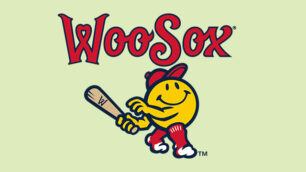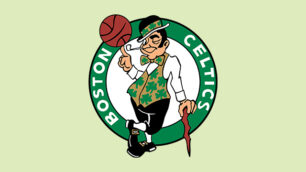Fueling for C.R.A.S.H. – B.
News
February 24, 2021
Teddie Peanut Butter has partnered with the C.R.A.S.H.-B. Sprints World Indoor Rowing Championships for the 2021 US Rowing Indoor National Championships. The 2021 C.R.A.S.H.-B. World Indoor Rowing Championships will be held in partnership with US Rowing on Sunday, March 7, 2021 online, and is proudly sponsored by Teddie Peanut Butter. Racing is scheduled to begin around 9:00 am on March 7, 2021 and will be freely available to spectators and other competitors via livestream on the USRowing YouTube channel.
By Nancy Clark MS RD CSSD
EVERETT, MA – Smart food choices two or three days prior to C.R.A.S.H. – B. will enhance your chances of enjoying a stronger performance. Keep reading!
PRE-C.R.A.S.H. – B
The few days before the event, you should:
- Train only lightly; this will allow your muscles the time they need to refuel.
- Hydrate well; the goal being copious light-colored urine.
- Choose carbohydrate-based meals and snacks.
For a 150-pound rower who has been training hard, the goal is about 1,800 to 2,100 calories per day from grains, fruits, veggies, sugars, and starchy foods to replenish the muscle and liver glycogen stores that get depleted during hard training sessions. That’s no Paleo or Keto-ish diet!
More precisely, the target is 3 to 3.5 grams of carbohydrate per pound of body weight (6-8 g/kg). For a 150-pound rower, this means about 450 to 525 grams of carbs per day for at least the two days pre-race. Divided into three meals plus two snacks, we’re talking about 500 calories of carbs per meal and 100 to 200 calories of carbs at each of two snacks. That could mean oatmeal + bagel for breakfast, sub sandwich + fruit for lunch, a pile of pasta with dinner, plus some pretzels and dried fruit for snacks.
Every meal and snack should be carb-based. Yes, you want to include some protein as an accompaniment to the meal, but you don’t want to fill-up on excessive protein at meals and choose protein bars and shakes for snacks. That will easily displace the grains, fruits and veggies needed to optimize your carb intake. While protein helps build and repair muscles, it does not fuel muscles.
RACE DAY FUELING
A pre-race meal or snack, eaten 3 to 4 hours before start-time will optimize liver glycogen stores that can drop by 50% overnight. Anxious rowers who sleep poorly could burn even more. A pre-race meal helps fuel high-intensity sprints; it delays fatigue so that you will perform better. An adequate pre-race meal is particularly important for a lunch-time or afternoon start.
For a 150-lb rower, “adequate” means 300 to 450 calories from grains, fruit or other sources of carb that settles well and digests easily. This could be a bagel and a banana; oatmeal with raisins and maple syrup, or two granola bars. More precisely, target ~0.5 to 1.5 g carbohydrate per pound of body weight (1-3 g/kg).
You also want to tank-up with water, sports drink, coffee or a familiar fluid in the 2 to 4 hours pre-game. This allows time to void the excess fluid, and then drink again, as desired, before the start of the race.
The key to success before C.R.A.S.H. – B. is to be sure your stomach is empty, to minimize the urge to puke. A simple pre-event meal will empty from the stomach in three to four hours. If you prefer to not eat anything the morning of C.R.A.S.H. – B., eat your breakfast before you go to bed the night before. That will minimize the drop in blood glucose that occurs overnight.
For rowers who cannot tolerate any food or fluid in their anxious stomach prior to the event, swishing and spitting a sports drink might potentially enhance performance. No need to spit it out if you can tolerate it!
– Nancy
About Nancy Clark
Sports Nutritionist Nancy Clark, MS, RD counsels both casual and competitive athletes in the Boston-area (Newton; 617-795-1875). Her Sports Nutrition Guidebook can help you eat wisely yet simply and win with good nutrition. For more information, visit www.NancyClarkRD.com.


